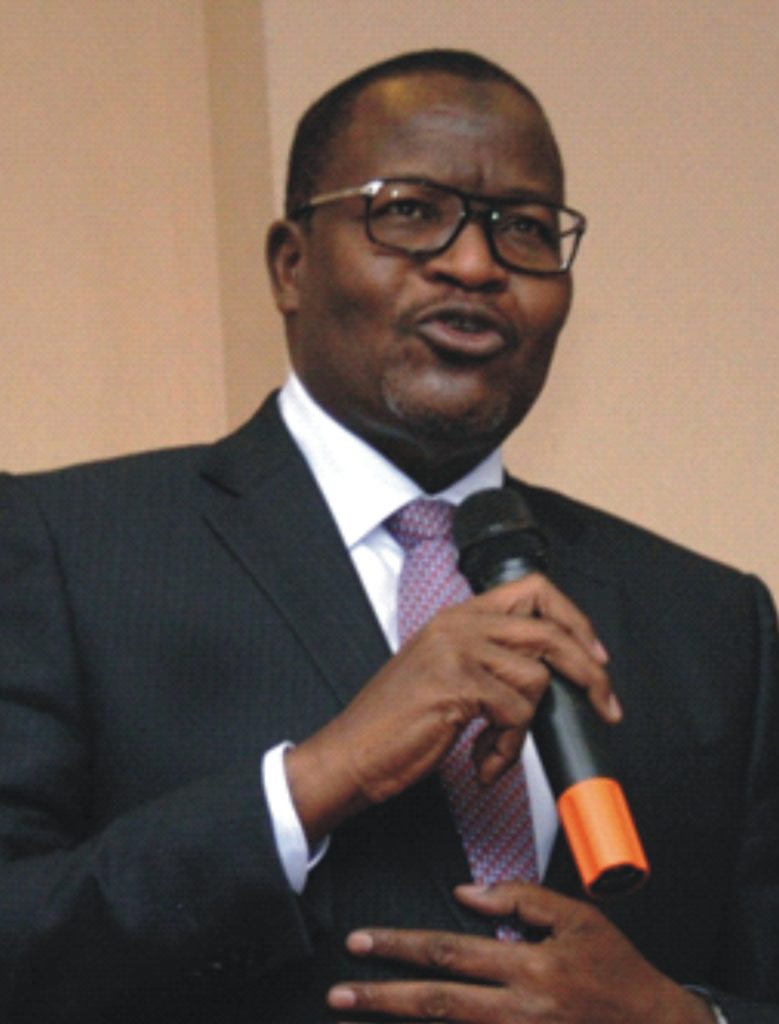By Cyril Ilayah
The Nigerian telecom industry from the time of liberalization in 2001 to date, can be said to be the fasted growing sector in the country, facilitating the growth of other sectors and ultimately, boosting the economy.
In the last five years (2015-2019), the sector has depended largely on effective regulation, championed by the Nigerian Communications Commission (NCC) to record impressive growth. Thanks to Prof. Umar Danbatta, the Executive Vice Chairman, the NCC Board and the rest of the team.
As of today, telecom is contributing a whopping 11.39 percent to the country’s gross domestic product (GDP), an increase from 8.50 percent in August 2015.
Other growth indicators are the active mobile voice subscribers, which increased from 151,018,624 to 2015 to 180,386,316 during the same period while teledensity increased to 94.50 percent following its rebasing in early 2019.
In terms of Internet subscribers, the industry recorded an increase from 90 million in 2015 to 123.5 million by October 2019 while broadband penetration jumped from 8 percent to its current 37.87 percent, indicating a total of 72,289,389 Nigerian access data services on 3G and 4G networks.
There is a huge increase in Mobile Number Portability (MNP) service, which increased from 385, 617 in August 2015 to 1, 206,874 by October 2019. Similarly, the total number of telecoms subscribers that have subscribed either partially or fully to the Do-Not-Disturb (DND) service introduced by the Commission to curb cases of unsolicited text messages – increased from level zero to 22,356, 919 currently.
Meanwhile, a critical look at the telecom industry in the last five years shows that it has recorded upward growth in so many areas. One of such areas is broadband deployment and connectivity.
Following the painstaking implementation of the 8-Point Agenda, which was unveiled by Prof. Danbatta upon assumption of office in August 2015, the country has achieved and surpassed its broadband penetration target of 30 percent by the end of December 2018 as stipulated in the National Broadband Plan 2013-2015.
In fact, the implementation of the 8-agenda further led to 37. 87 percent broadband penetration as of October 2019. This, the Nigerian Communications Commission attributed to licensing of new spectrum bands, re-farming certain frequency bands and driving initiatives for increased broadband infrastructure in the country.
Speaking at a forum, Danbatta averred that Nigeria’s thirst for data has grown in significance, largely to the generational change of telecommunications from the use of voice-dominated technologies (1G and 2G) to today’s data dominated technologies of 3G, 4G and even the much-talked-about 5G. According to him, without a doubt, more virtualised engagements are happening online and will continue to be, as it does appear the citizens have an insatiable need for data.
“Nigerians need robust and pervasive broadband connectivity more than ever before in today’s world, where people can easily interact with an Automated Teller Machine (ATM), carry out activities around e-commerce, e-government, and telemedicine, among others on a daily basis in a much seamless manner, thereby boosting their efficiencies,” Danbatta had said.




